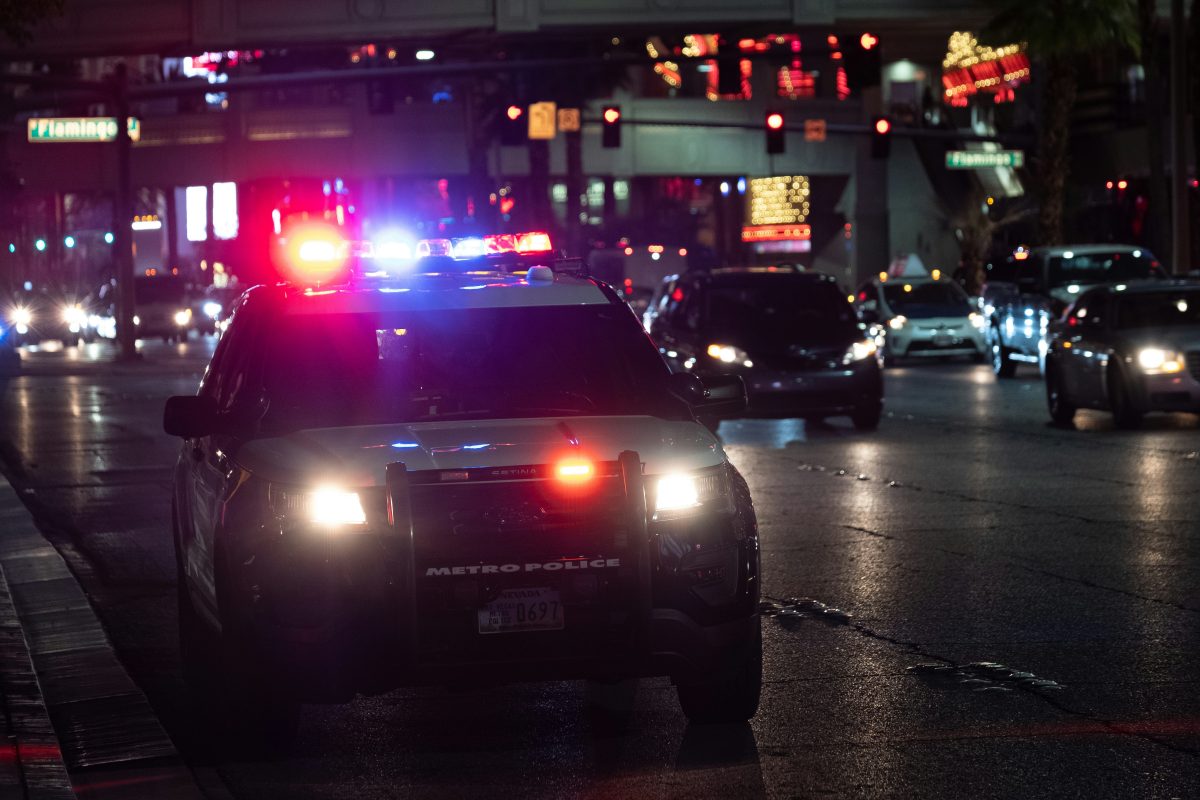New data shows that not only does traffic enforcement in Memphis seem to be ineffective in promoting a safer city, but Black residents receive four times as many traffic tickets as white residents.
Decarcerate Memphis, an organization devoted to solving systemic policing problems, published “The People’s Report 2024: Driving While BIPOC” on Monday, which includes data collected from 2017 to August 2023. The group says their findings conclude that traffic stops increased by a quarter following the death of Tyre Nichols.
“This year’s report shows racial disparities continue — 81 percent of citations are issued to people of color in Memphis, who also receive 90 percent of tickets with two or more citations per ticket,” the group says. “Furthermore, the report finds no relationship between traffic stops and reported crimes, while citations for non-moving violations are associated with an increase in traffic fatalities.”
In the aftermath of the death of Tyre Nichols, Memphis City Council passed a number of driving ordinances such as the Driving Equality Act in Honor of Tyre Nichols, which prohibits officers from pulling drivers over for minor violations such as broken tail lights. However, Decarcerate Memphis’ report says that the Memphis Police Department (MPD) issued more citations.
“Despite the ineffectiveness of non-moving violations on crime or road safety, MPD has significantly emphasized non-moving citations since 2020,” the report says. “After all traffic enforcement cratered in March 2020, MPD officers brought non-moving violations roaring back to pre-pandemic levels within months. Moving violations, meanwhile, are still in lockdown.”
A majority of MPD’s traffic citations (60-64 percent) since 2020 were the result of non-moving violations, the report says. The organization says this is a “weak strategy” and adds that court records proved that traffic enforcement does not help resolve serious crimes.
After pulling a random sample of 1,432 court cases in 2023, the group found that 150 of the cases were pretextual traffic stops with “minor infractions.” The data also concluded that 91 of these cases (61 percent) didn’t result in felony charges.
Discrimination was another key finding in the report, as Black people make up about 64 percent of Memphis’ population and were found to receive a majority of traffic tickets (74 percent.) This further proved the assertion that non-moving traffic violations are not only ineffective in public safety measures, but disproportionately affect people of color.
“Black residents make up 81 percent of defendants in criminal court — among pretextual traffic stop defendants, 91 percent are Black,” the report reads. “Counterintuitively, white defendants are more likely than Black defendants to be convicted of petty charges. This likely reflects a relative absence of summoning white Memphians to court for charges that aren’t worth pursuing.”
Decarcerate Memphis added that their data suggests racial disparities can be “partially explained” by the types of traffic enforcement such as the Organized Crime Unit and the now disbanded SCORPION unit. They say these officers “spend less time on safety-related citations than conventional units.”
To illustrate this, the group compared citations from the “top ticketers of uniform patrol and specialized unit.” The findings showed that 87 percent of the specialized unit officer’s citations were for non-moving violations, while the uniform patrol officer reported 22 percent. While specialized unit officers’ main goal is to “take guns and drugs off the streets,” the organization says they rarely achieve their goal by pulling over and searching “suspicious” cars.
“The burden of the fruitless detentions, searches, and petty charges falls squarely on poor people and people of color,” the report says. “This uniform patrol officer issued 73 percent of their tickets to Black drivers — still disproportionate by population, roughly in line with the overall racial disparity for MPD. “
The report concludes with a number of recommendations proposed by the group, heavily emphasizing traffic enforcement laws. They also urge the leadership of MPD to not only comply with these laws, but to provide timely updates to measure the success of their implementation.
Other suggestions include the end of specialized units as well as data transparency from these units. The group also encourages the deprioritization of non-moving violations.
“Memphis and Shelby County have, in some respects, truly become more threatening in recent years: traffic fatalities have risen, especially since 2020; fewer people are able to legally drive; and people of color face more discrimination on the road and in court. These developments occurred, not in spite of law enforcement efforts, but because of the ineffective and harmful approaches that law enforcement favors.”
